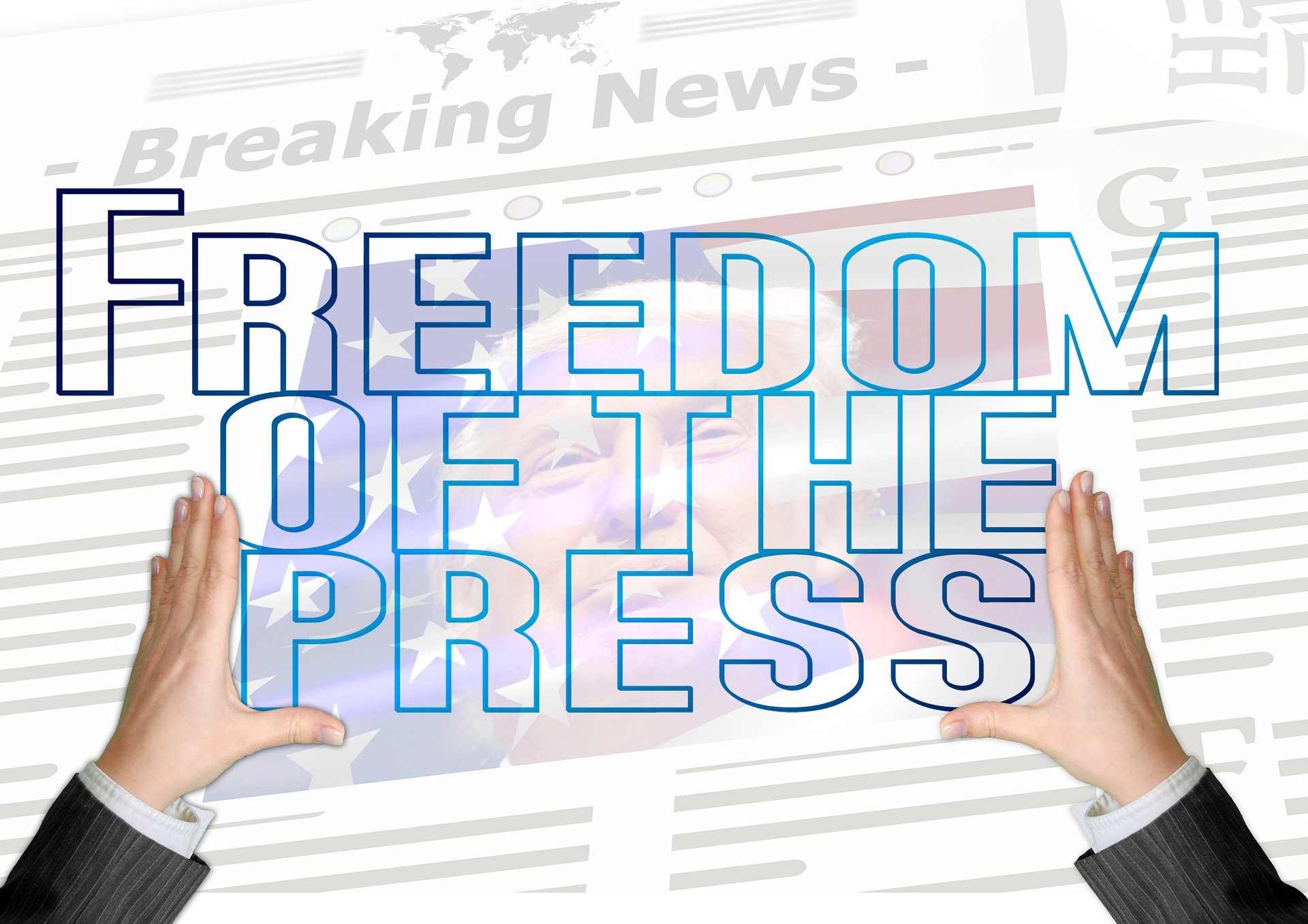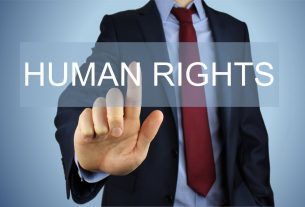Hong Kong — As closing arguments begin in the national security trial of Jimmy Lai, the 77-year-old founder of the now-defunct pro-democracy newspaper Apple Daily, attention is turning not only to the legal complexities of the case but also to the humanitarian and health concerns surrounding his prolonged detention.
Lai, who has pleaded not guilty to charges of foreign collusion and seditious publication under Hong Kong’s national security law, faces the possibility of life imprisonment if convicted. The charges stem from allegations that he used various platforms to advocate for international sanctions against Hong Kong and China during the 2019 pro-democracy protests. Prosecutors argue that Lai’s actions constituted a long-term and deliberate effort to solicit foreign interference, while the defense maintains that his conduct was consistent with the exercise of free speech and journalistic responsibility.
A Trial Marked by Legal Complexity and Personal Strain
The trial, which began in December 2023, has spanned over 150 days and included 52 days of testimony from Lai himself. Defense counsel Robert Pang has argued that it is “not wrong to support freedom of expression,” and that the articles cited as seditious represent a small fraction of Apple Daily’s overall output.
Yet beyond the courtroom, Lai’s physical condition has become a growing concern. He has reportedly spent more than 1,690 days in detention, much of it in solitary confinement. His family and rights groups have raised alarms about his deteriorating health, citing episodes of heart palpitations, significant weight loss, and limited access to natural light and exercise.
In recent weeks, the court acknowledged these concerns, providing Lai with a heart rate monitor and medication following medical evaluations. A senior prison medical officer has declared him fit to attend proceedings, though observers note his visibly weakened appearance and the emotional toll of prolonged incarceration.
A Call for Compassion and Reflection
While the legal process continues, many voices—both domestic and international—have called for a measured and humane approach to Lai’s case. Human rights advocates have urged authorities to consider his age, health, and longstanding contributions to journalism in Hong Kong. His son, Sebastien Lai, has publicly appealed for his father’s release, stating, “I don’t want my father to die in jail.”
The Hong Kong government maintains that Lai is receiving “adequate and comprehensive” medical care, and that the trial is being conducted in accordance with the law. Nonetheless, the broader implications of the case have sparked global debate about press freedom, judicial independence, and the balance between national security and civil liberties.
Looking Ahead
As the trial nears its conclusion, the outcome will likely resonate far beyond the courtroom. For Jimmy Lai, the verdict may determine whether he spends the remainder of his life behind bars. For others, it is a moment to reflect on the values of justice, compassion, and the role of journalism in society.
Whatever the legal judgment, the humanitarian dimension of Lai’s case invites thoughtful consideration. In the words of his defense counsel, “It is not wrong to try to persuade the government to change its policy… Nor is it wrong not to love a particular administration…



